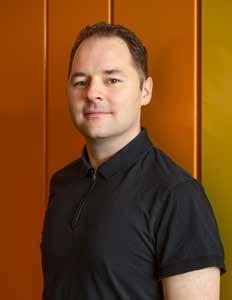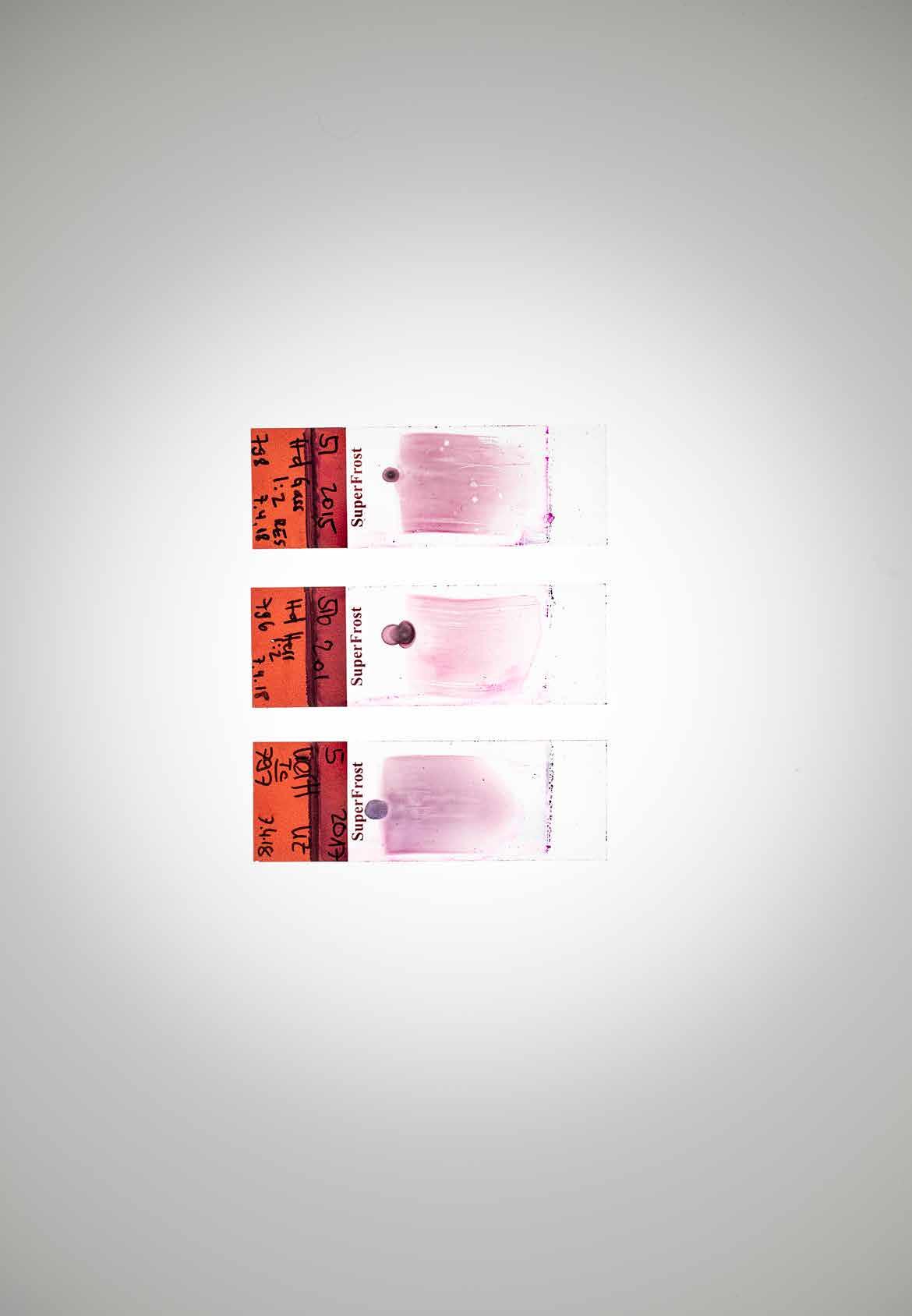
3 minute read
Networking event fosters interdisciplinary exchange and collaboration
Despite restrictions due to COVID-19, the third annual Poster and Networking Day was a full success. Junior researchers at the Vetsuisse Faculty gained visibility, laid the foundation for future collaborations, and bridged research culture gaps.
Be it a cheerful stage play about salmonella in rabbit meat, a fairy tale picture book about the search for a new drug against chlamydia, or a poem about the state of animal welfare in equestrian sports — adapted no less from the famous “Erlkönig” by Johann Wolfgang von Goethe — “The presentations at the Poster and Networking Day were extremely creative,” says Ramon Eichenberger proudly. He is the head of the organising committee of the Vetsuisse networking event that, in the times of COVID-19, had to be held a bit differently than usual.
Unlike in the years before, the third Poster and Networking Day took place digitally in December 2020. A total of 29 junior scientists at the Vetsuisse Faculty seized the chance to present their research projects in a creative three-minute ‘elevator pitch’ competition. The corresponding project posters were displayed on site for a week for colleagues to consecutively view.
Along with virtual rooms for giving and watching the presentations, the organising committee also provided virtual rooms for discussions. “Imagine the discussions happening after a live presentation and in front of project posters,” says Vice Dean of Research and Academic Career Development Adrian Hehl. These virtual discussion rooms were meant to provide a similar space — for scientists to answer questions, get input, discuss common ground in their research, and share knowledge, methods, or instruments. “This worked really well,” Hehl points out. In the end, instead of leading to constrictions, the COVID-19-imposed boundaries boosted creativity and interchange.
Overcoming the cultural differences The need for this networking event was recognized by faculty management and junior researchers alike. “It’s a win-win event,” says Hehl. The Vetsuisse Faculty benefits from better-connected researchers, and the junior scientists get more visibility, a platform to practice their communication skills, and a chance to get new perspectives.
Moreover, the event has another useful side effect: It fosters understanding and improves communication between the different research cultures existing within the faculty. “We still observe a certain alienation between basic and clinical researchers,“ says Hehl. “Events like the Poster and Networking Day raise awareness for these cultural differences and ultimately lead to better interdisciplinary collaboration. That’s why we are planning to introduce similar networking activities at the executive level.”
Ramon Eichenberger
Parasitologist at the Vetsuisse Faculty and head of the Poster and Networking Day organising committee.
Ramon Eichenberger, you lead the Poster and Networking Day organisation committee. Why are you committed to this event? Because networking and visibility are important to me. I can increase my visibility by not only participating but having a leading role in organising the event. Also, I like to meet my faculty colleagues — be it basic or clinical researchers — and to get to know what they are working on.
Is this just to satisfy your curiosity, or do you also aspire to forge new collaborations? Basically, I am just open and curious. But of course, through the exchange, I get inspirations for my own projects and ideas for interesting collaboration as well. I am trained as a parasitologist myself, and while we have an advanced diagnostic lab infrastructure, I rarely come in direct contact with animal patients like clinicians do. So, by collaborating with clinical experts, together, we can address more complex research questions. Also, we basic researchers can, for instance, assist clinicians to diagnose patients that have caught a rarely occurring pathogen. Just recently, I helped a clinician colleague to identify a parasite that had not been reported in Switzerland before. Generally, initiating such mutual transfers of knowledge can only be beneficial.














